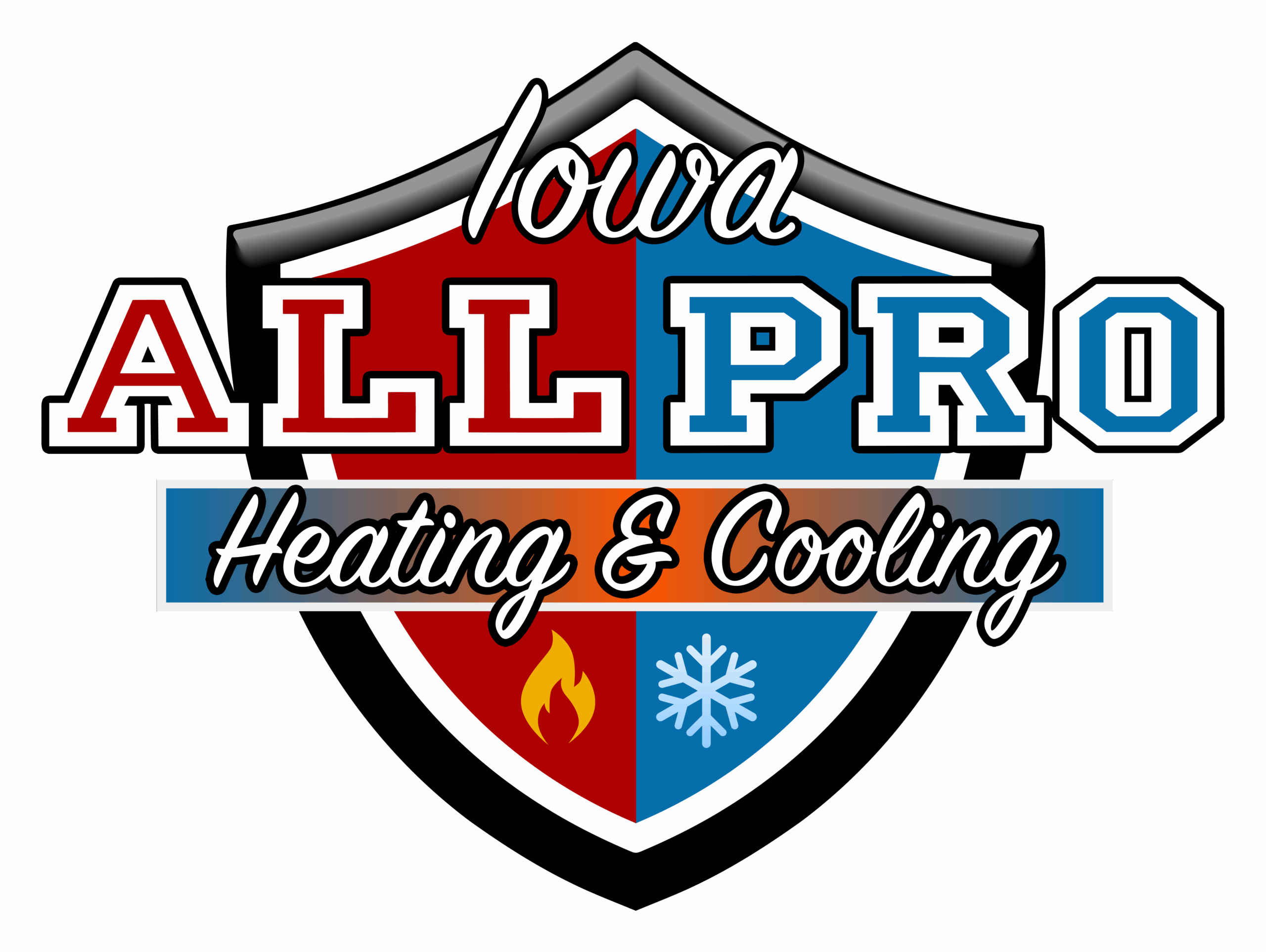Boiler Services
Expert Boiler Repair & Installation in Des Moines
Complete Boiler Services
Iowa All Pro Heating & Cooling provides comprehensive boiler services for homes and businesses throughout Polk and Warren County. Whether you need repairs, maintenance, or a new installation, our experienced technicians are here to help.
Our Boiler Services Include:
- Boiler repair and diagnostics
- New boiler installation
- Boiler replacement
- Annual boiler maintenance
- Emergency boiler service
- Boiler efficiency upgrades
A well-maintained boiler provides reliable, efficient heat for your home. Trust our team to keep your boiler running at peak performance.

